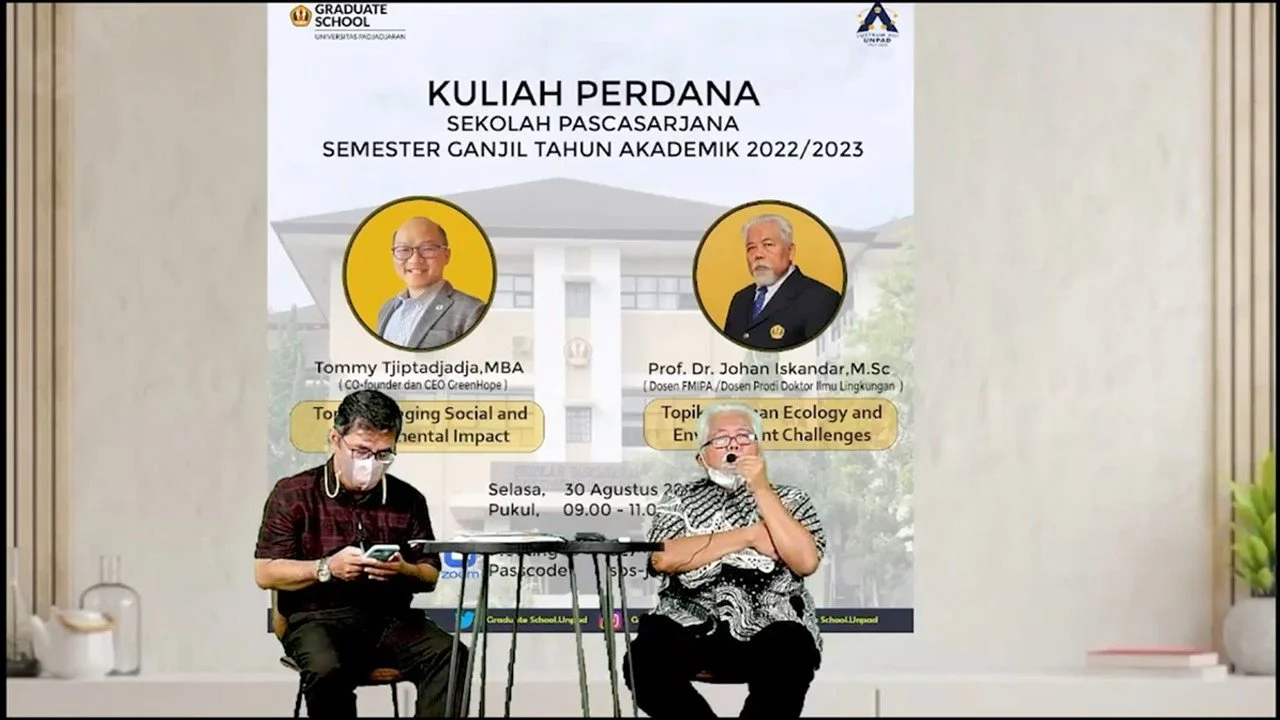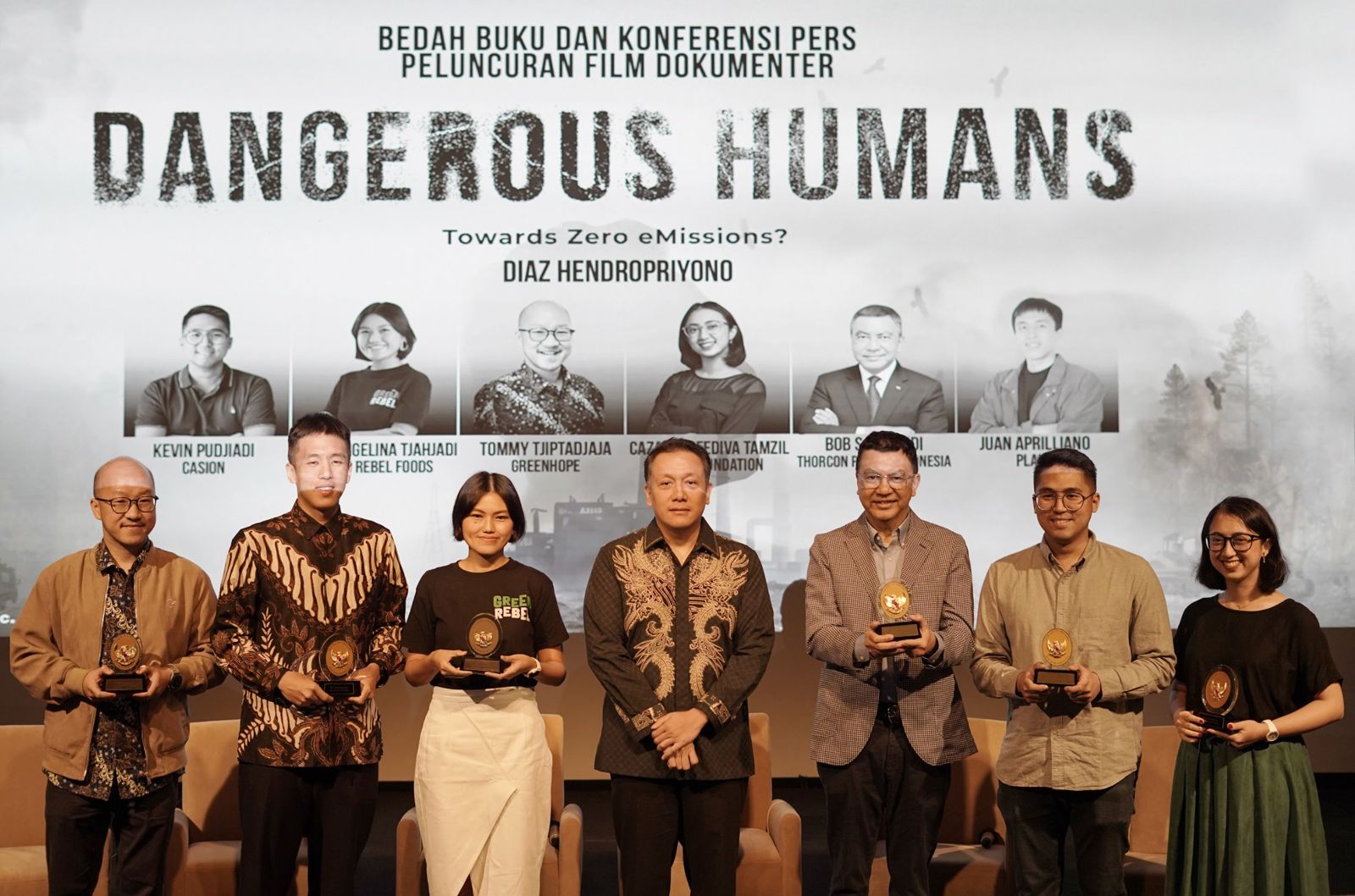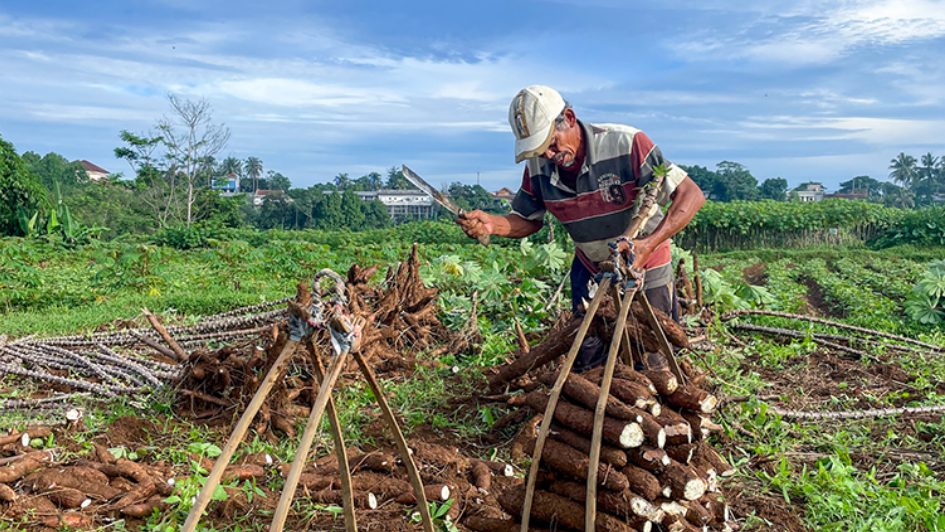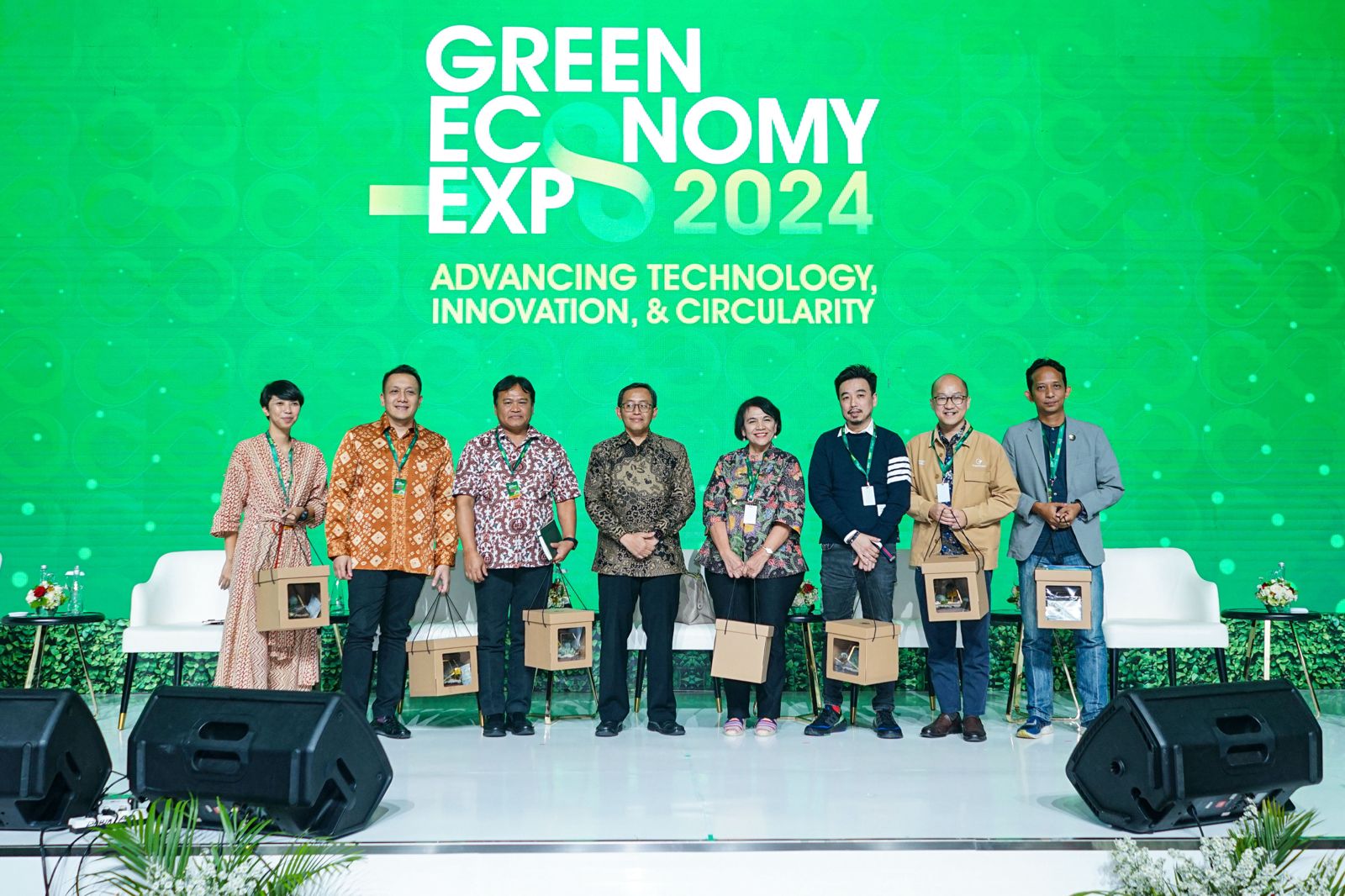“Bringing Social & Environmental Impact Through A Sustainable Bussines”
Sunday, 04 September 2022
INAUGURAL LECTURE
PADJAJARAN UNIVERSITY
On Tuesday, 30 August 2022, the inaugural lecture of the New Graduate School Odd Semester Academic Year 2022/2022 was held with two main speakers, Prof. Dr. Johan Iskandar, M.Sc., Ph.D as a professor of Padjajaran University and Olivia Dianina Purba as Senior Manager of Partnership, Sustainability and Impact at Greenhope. The inaugural lecture, which was held online, was a series of new student admission activities aimed at opening environmentally conscious thinking and encouraging ideas for solutions to efforts to create a sustainable environment.
This is because environmental problems are a special concern that must be faced by developing countries due to the high level of industrial activity that has a negative impact on the environment, including Indonesia. Unfortunately, these industrial activities are not accompanied by industrial sensitivity to environmental sustainability. So that the pollution that arises from industrial pollution is getting higher and higher and causing a decrease in environmental quality.
The inaugural lecture began with a presentation on Human Ecology and Environment Challenges by Prof. Dr Johan Iskandar. Prof Johan explained that human life and the environment influence each other to form a balanced ecosystem. Indeed, humans can actually find the best practices of sustainable behaviour through indigenous peoples. The principle of human ecology states that in addition to studying how culture is adapted to the environment, attention must also be focused on how the relationship of a particular human population to a particular ecosystem.
This view holds that humans are just another population of plant and animal species interacting with each other and also with the non-organic components of their local ecosystem. Thus, the ecosystem is the fundamental unit of analysis in their conceptual framework of human ecology. Therefore, culture, which includes human behaviour, is an integral part of the ecosystem. People will be considered as one unit with the environment, so that a sense of shared ownership by the community of the surrounding environment arises and will encourage people to be able to protect their environment at all costs. Therefore, in the culture that occurs, many give birth to various instruments with the aim of protecting the environment. Cultural instruments that we often find are such as legends of sacred forests and customary prohibitions on nature.
Many lessons related to environmentally conscious life behaviour already exist in Indonesian society, one of which is the Balinese with the philosophy of life ‘Tri Hita Karana’. This philosophy teaches us to always be in harmony with God, humans and the environment. This then became the starting point of the second presentation by Olivia Dianina Purba related to Bringing Social & Environmental Impact through A sustainable Business. Olivia explained that it is very important for us to realise how the current condition of the earth is very vulnerable due to environmental damage that humans have done and the need for real action through sustainable business practices.
Sustainability business is a necessity as an industry solution in the future. There are 4 reasons behind this, firstly, we are currently facing climate change and the war on plastic waste. Secondly, the role of humans for the environment is very important through adopting and innovating through technology to save the environment. Technology development in the future is an important key to saving the environment, of course, coupled with wisdom.
Third, human behaviour today is increasingly dynamic, marked by changes in reference and lifestyle. Currently, changes in lifestyle trends and consumer preferences lead to products or technologies that are environmentally friendly and have a social impact. As a result, many industries are now also changing and improving the products or technologies offered to be more environmentally friendly and socially impactful. Fourth, the financial and investment sectors are increasingly focusing on environmental, social, and governance (ESG) principles, as they relate to sustainability issues. This can be seen from the increase in the number of portfolios offered to investors and the assets under management of ESG-based portfolios.
Sustainability business is not the same as Corporate Social Responsibility (CSR). The core difference is that sustainable business makes social and environmental impacts as its business model, so that as the business or company grows, the greater the impact it has on social and environmental impacts. In contrast to this, CSR is only a programme of commitment by companies or businesses to support activities that have social and environmental impacts.
In the future, the existence of sustainable businesses is needed in various fields. Among the areas where green businesses are needed are clean and renewable energy, power industry, smart cities, smart buildings, regenerative agriculture/land use technology, sustainable food, tech-enabled recycling and biodegradable bioplastic technologies.
As one of the sustainable businesses, Greenhope is engaged in biodegradable, biobased biodegradable and biobased compostable technologies. Greenhope Indonesia is a local technology company engaged in plastic manufacturing. Greenhope is known as an Indonesian company that successfully pioneered two leading technologies, Oxium and Ecoplas, and is now developing Naturloop.Oxium or biodegradable additive is a formula that can accelerate the molecular and chemical degradation of plastics. In other words, this microchip is able to help break down the components of plastic waste so that it decomposes faster. As we know, the degradation process of plastic waste takes almost 450 years, by using Oxium, the process only takes 2-5 years.
Ecoplas is an environmentally friendly bag that is a new innovation with an attractive design and affordable price made from cassava. This type of bioplastic technology is produced with fuel/energy savings. Ecoplas is a new resin developed and created in Indonesia by Indonesian sons of Indonesia that contains 50 per cent Indonesian cassava flour along with other natural sources that are environmentally friendly and renewable. Currently, Ecoplas has been patented and is expected to be an alternative choice to other resins that are already known to the public. Naturloop is the latest generation technology from Greenhope in the form of cassava-based bioplastics with home compostable capabilities.
In the final session, Tommy Tjiptadjaja, Co-Founder and CEO of Greenhope, said that the world is currently entering a transition phase towards the green industry. There are many uncertainties ranging from regulations to market readiness, but this is the challenge ahead and must be faced together. Greenhope collaborates with various parties including government, academics, companies, NGOs, and environmental activists, to build a good ecosystem for the advancement of green industry and sustainable business.



